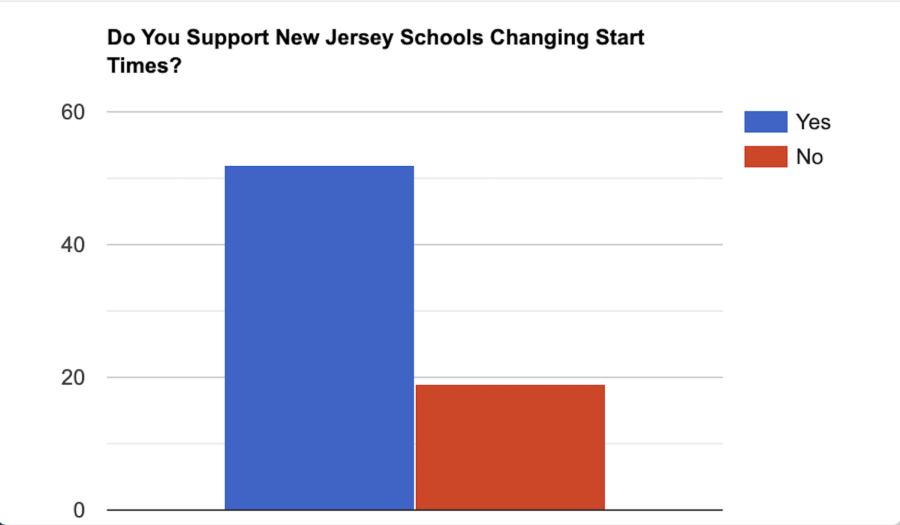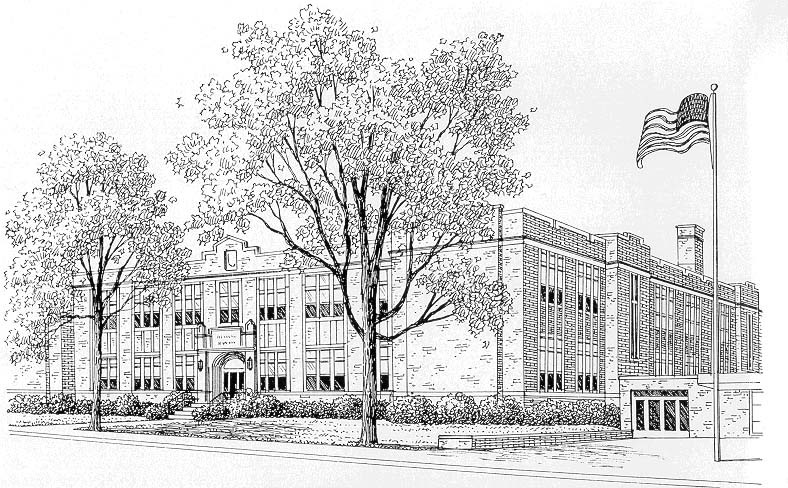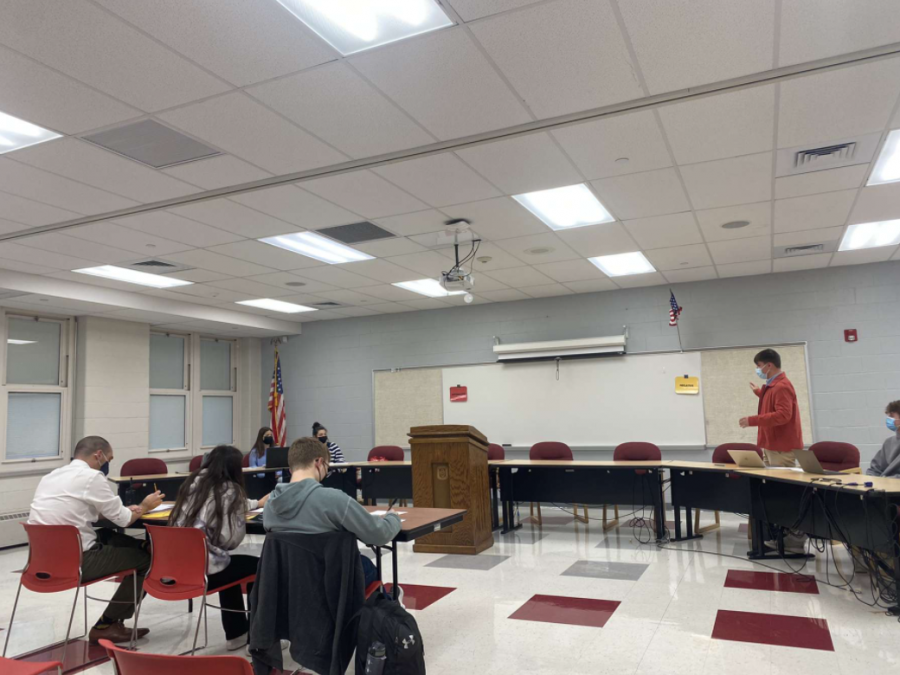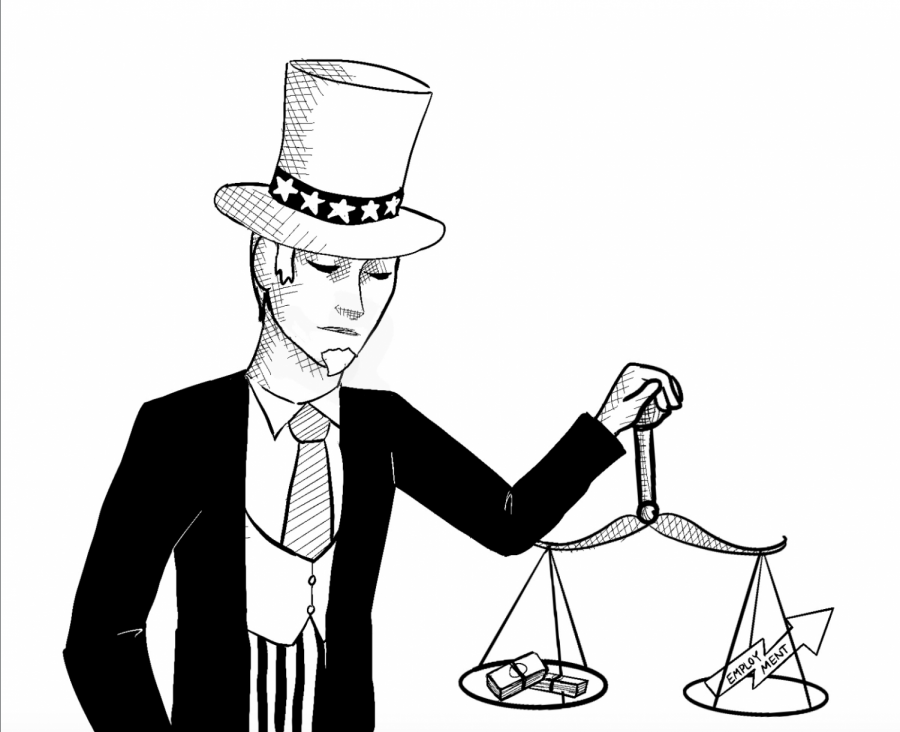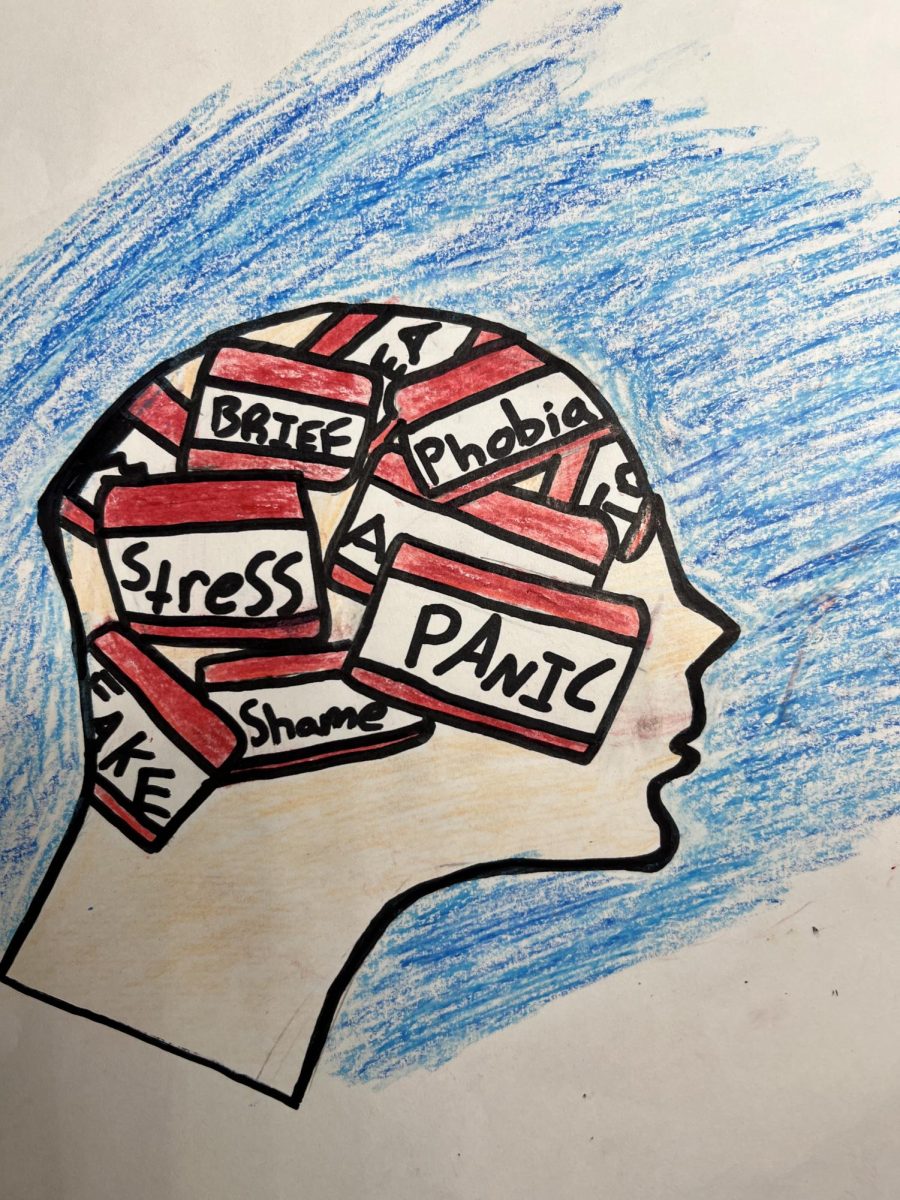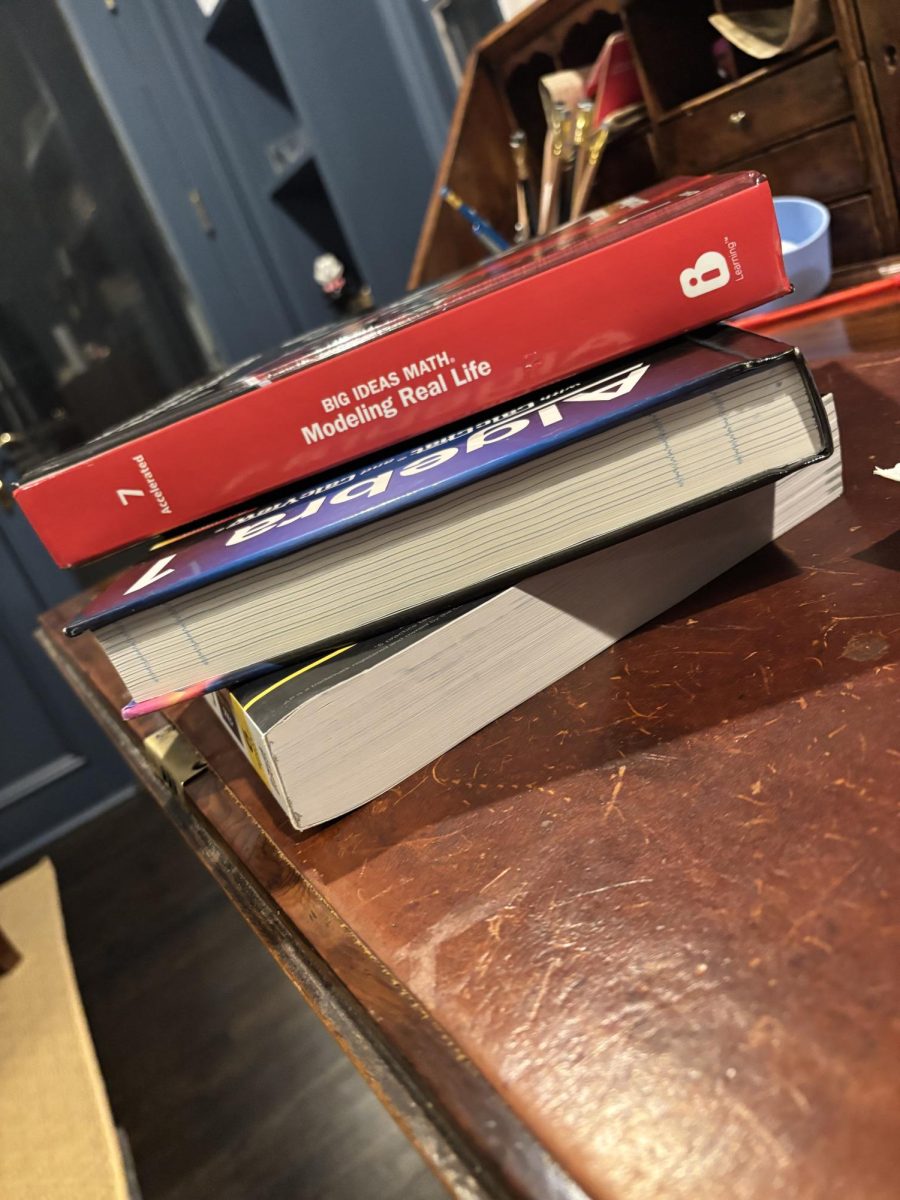Tenure prevents districts from finding new and more valuable teachers
Jack was a young enthusiastic teacher who just graduated teaching school (Jack is a fictional person). He was ready to give knowledge to the youth of America but when he applied for a job at a local high school he was turned down because there were no openings. He was unemployed because worse teachers than him were employed. The school was helpless to fire the bad teachers despite numerous complaints from parents and bad test scores from students. Jack was out of a job and his potential students were out of luck.
First of all, there should be no such thing as tenure for teachers. The system of tenure was set up to improve job security for good teachers that were critical to the education system. However, in recent years and going back to the early days of public education, too many bad teachers have been kept on the payroll while passionate young teachers are turned away from jobs.
The real victim of teacher tenure is the student. Teachers unions often blame a child’s background as evidence for poor performance in school and on standardized tests. It is in fact the teacher who is to blame for poor student performance.
The education system should be open to young passionate teachers who are good at their job.
Teachers who are not passionate about their work or not knowledgeable are bad for students. Students who learn from better teachers are more likely to go to college and earn decent salaries, according to a study published in 2011. States should make moves to implement more standardized and mandatory tests to judge teachers effectiveness.
New Jersey has moved to change the way that it fires and hires teachers. The PARCC test was administered this year to measure teacher’s effectiveness. Many students are “boycotting” the test therefore a good picture of teacher performance cannot be determined.
Despite the apathy of Bernards underclassmen there is no need for concern. Bernards High School already has very good teachers. Our district does a great job at hiring great teachers.
Other school districts in the state do not have the same resources that Somerset Hills has at its disposal. In those districts bad teachers are entrenched in the system and hard to replace because the teachers union is too strong and the will of reform too weak. According to The Economist, “If teachers in grades 4 to 8 are ranked according to ability, and the bottom 5% are replaced with teachers of average quality, a class’s cumulative lifetime income is raised by $250,000”. Imagine how much better off society would be if everyone had a solid education.
The education system can be made better by reforming teacher tenure and getting rid of it entirely. Teachers should be paid according to merit and judged by tests that are fair and accurate. There needs to be room made for young teachers right out of college who are passionate and knowledgeable. Students will benefit and so will society.
NJ Teachers deserve tenure
In New Jersey, there is a heated, yet necessary debate over whether public school teachers should have tenure or not. Currently in New Jersey’s tenure system, a teacher is put on probation for three years, and after the three years, school administration must decide if the school will give tenure to the teacher. During the three year ‘probation’ period, the school administration is able to let the teacher go for any reason. The teacher officially gains tenure when they return for a fourth school year. Once a teacher is tenured, the school administration needs just cause to terminate a teacher. Teachers with tenure can only be terminated for having unbecoming conduct, or displaying incapacity and/or inefficiency. Teachers that are let go with tenure can defend their case to the state if they choose to.
Many state politicians, such as Governor Chris Christie are against giving teachers tenure, and has been fighting for tenure reform since he entered office. Christie argues that many teachers who gain tenure become ineffective and lazy. He has proposed that teachers be evaluated on their teaching prowess and their students’ performances. Despite Christie’s beliefs, tenure is an extremely important cog in having a productive public school environment.
Once a teacher gains tenure, they are able to have a sense of job security that they did not have while on probation. That teacher then does not have to worry about being terminated over political or personal reasons, especially in today’s politicized public school environment. This promotes happier teachers, as they do not have to be on constant edge about getting let go in favor of a younger and thus a more inexpensive teacher. When teachers are given standing positions, they are able to form a bond with the school and its students instead of switching schools constantly. It would be very tough on students if the curriculum and assignments in, for example, a history class, differed every year. Teachers also may not be able to use alternative methods of teaching literature or history if they have to be worried about sticking to a specific curriculum. Former California Teachers Association President Barbara Kerr said, “Teachers are afraid to try new, innovative things if they are afraid of losing their job.”
Many critics have cited that the three year period of probation do not give enough time for teachers to show their weaknesses. However, if you were to poll students on the performance of a teacher, it would be clear after the first year whether the teachers were good teachers or not. Tenure also allows teachers to stand with students on issues with administration, such as on academic issues or club issues. Teachers also do not have to be worried about being let go immediately if a student makes a false accusation against them. They can hold firm and keep their job until the issue is sorted out.






